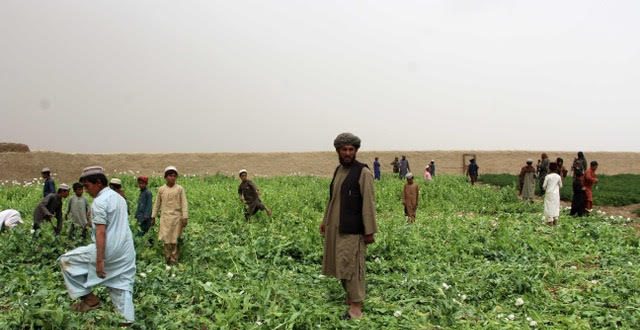AT Kabul: Farmers in various provinces of Afghanistan are calling for increased cooperation from the Islamic Emirate to support the transition from poppy cultivation to alternative crops. With the prohibition of poppy cultivation and drug production, some farmers highlight the lack of assistance in adopting alternative cultivation practices.
Farmers express concerns about the economic impact of the poppy ban, emphasizing the need for government support in the form of seeds and resources for alternative crops. The transition from opium cultivation, which was a source of income for many, has left farmers seeking viable alternatives with limited assistance.
The United Nations Office on Drugs and Crime (UNODC) acknowledges the importance of discussions and collaborative efforts to promote sustainable alternative livelihoods for former poppy farmers. The UNODC recently convened a group of experts in Kabul to explore solutions in this regard.
The Islamic Emirate acknowledges the need for research and external assistance in identifying suitable alternative crops for different regions of the country. The spokesperson, Zabiullah Mujahid, emphasizes the importance of international collaboration to conduct research and provide support to improve the economic situation of the people.
As part of counter-narcotics efforts, the Ministry of Interior’s counter-narcotics department reports the clearance of fourteen thousand hectares of land from poppy cultivation since the beginning of the current solar year. The challenge remains to facilitate a smooth transition for farmers by offering viable alternatives and ensuring their economic well-being.
The call for assistance underscores the significance of comprehensive strategies, involving research, collaboration with international partners, and targeted support, to address the complexities associated with transitioning away from poppy cultivation in Afghanistan.
 Afghanistan Times
Afghanistan Times




